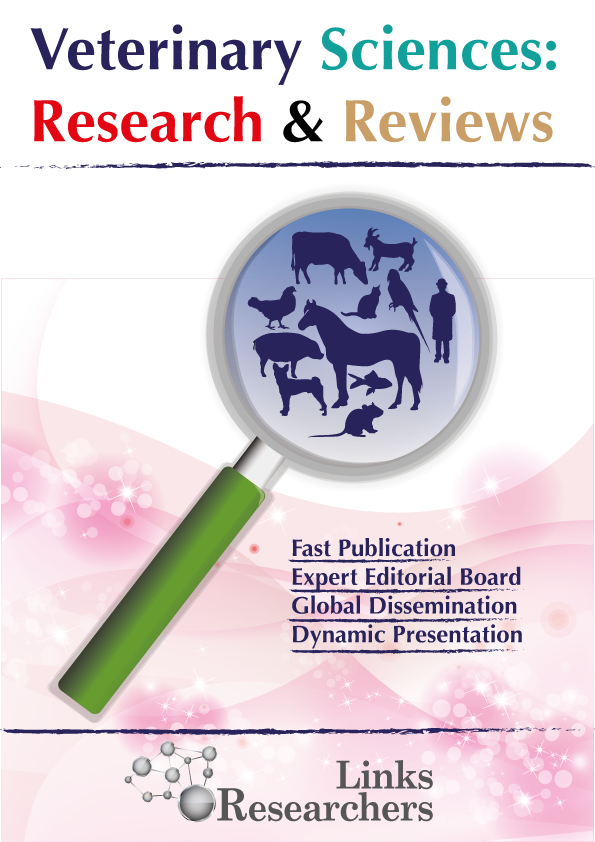Assessment of Welfare and Health Conditions on Working Donkeys in Benadir Region, Somalia
Assessment of Welfare and Health Conditions on Working Donkeys in Benadir Region, Somalia
Yonis Abukar Mohamed1, Shafii Abdullahi Mohamed1,2, Abdiaziz Idiris Mohamud1,3*, Abdiaziz Ahmed Mohamud1,3, Kassim Abdullahi Jimale1,2 and Said Ali Ibrahim2
ABSTRACT
A cross-sectional study was conducted from June to October 2021 with the objectives to perform an animal welfare assessment and to gain adequate knowledge of the management of working donkeys in Somalia. Both direct observational (animal-based) and indirect (owner-based) interviews were used to collect the data. A total of 350 randomly selected working donkeys were examined and 350 donkey owners were interviewed. Of these 56.9%, 24.3%, 18.9%, 79.7%, 65.4%, and 38.3%, 8.9% of donkeys were suffering from behavioral problems such as depression, digestive problems, respiratory problems, improper harnessing, ocular, hoof overgrowth and fracture, respectively. Additionally, 40.6% of the examined donkeys had varying degrees of lameness. 54.6% of the examined donkeys, were with either healed or active wounds (skin lesions), 17.4% scars, and 28.0% both skin lesions and scars. Moreover, dermatological diseases were also encountered, habronemiasis 59.1%, ectoparasite 35.7%, Sarcoid 5.1%. Results that were obtained from the indirect assessment of donkeys’ welfare indicated that most donkey owners in the region have little or no knowledge and information on donkey’s welfare matters. Limitation of taking sick donkeys to veterinary clinics 2.0% abandon of donkeys after stopped working 96.6%, lack trimming hooves of donkeys 78.9%, and beating of donkeys 79.7%. Donkeys are beneficial to most owners, interventions should be put in place to improve their welfare and further studies were done on the best ways to improve the welfare issues faced by these working animals.
To share on other social networks, click on any share button. What are these?





